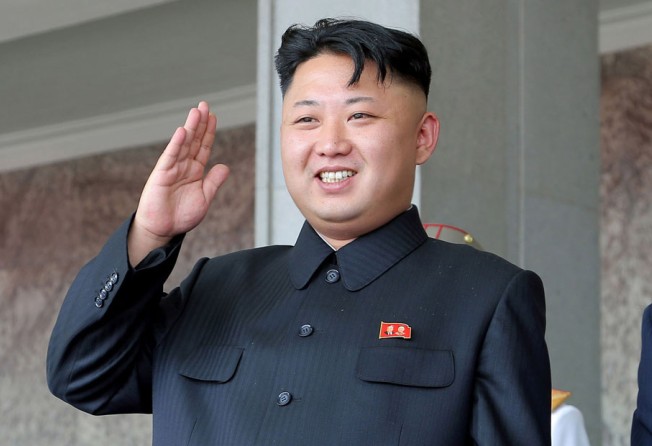North Korean purge a reminder of China's progress since Cultural Revolution
Zhou Zunyou says China's reforms have led to significant steps in applying rule of law

Kim Jong-un's uncle by marriage and the former No 2 man in North Korea, Jang Song-thaek, was executed this month for his "anti-party and counter-revolutionary crime" or, in other words, plotting to overthrow the supreme leader, Kim.
He was also charged with a long list of other offences ranging from corruption to womanising, from gambling to distributing pornography, from drug use to half-hearted applause for young Kim's promotion. In a viciously worded report, North Korea's state media denounced him as a "traitor for all ages", "despicable human scum" and "worse than a dog".
When commenting on the killing of Jang, China's foreign ministry spokesman Hong Lei said it was the "internal affairs" of North Korea.
As opposed to the Chinese government's hiding of its displeasure with the purge, many Chinese people expressed openly their anger over the way Jang was treated.
The myriad accusations levelled against him and the vitriolic language used to denounce and humiliate him are strongly reminiscent of the decade-long Cultural Revolution.
During the Cultural Revolution, countless Chinese were persecuted, beaten, tortured or killed. Among them, Liu Shaoqi , formerly China's head of state and would-be successor to Mao Zedong, was the highest-level victim. Having fallen out of grace, Liu met with a brutal purge similar to that of Jang. Branded as "renegade, traitor and scab", he was stripped of all his posts and expelled from the Communist Party. Owing to torture and denial of medical treatment, he eventually died a miserable death in 1969.
Once, after being humiliated and beaten by Red Guards at a public denunciation meeting, Liu clutched and waved desperately a copy of the constitution of the People's Republic of China, protesting in vain: "I am president of the People's Republic of China."
In those lawless years, the constitution was nothing but a piece of paper and it could in no way protect even the personal freedom and safety of Liu, let alone lower-ranking officials and ordinary people.
Although in 1981 the Chinese leadership officially dismissed the political turmoil as a "10-year catastrophe", Cultural Revolution ideas and practices appear to remain alive, as manifested by Chongqing's relentless campaigns against organised crime and corruption prior to Bo Xilai's removal.
The campaigns were widely criticised for being conducted at the expense of serious erosion of the rule of law and massive violations of human rights.
More than 30 years of reform and opening up in China have not only brought about tremendous changes in economy, but also in other areas, especially in law. China has already written the concept of the rule of law into its constitution and made phenomenal progress in the protection of human rights.
Jang Song-thaek was more or less similar to Bo Xilai. Both were politburo members of their ruling parties, both were accused of corruption and a decadent lifestyle, and both reportedly posed a challenge to the established leadership. A quick comparison shows that Bo enjoyed the legal protection that Jang could only dream of.
Bo was not subjected to humiliation nor ill treatment. Before the court, he admitted that he had been treated well during the investigation. Moreover, the authorities adopted an unprecedented measure of transparency, broadcasting the trial of him live via Sina Weibo, the Chinese version of Twitter. His right to fair trial was sufficiently - although not perfectly - protected. Even supporters and sympathisers of Bo became aware that his downfall was not a persecution and the punishment imposed on him was well-founded.
While Bo is serving a life prison term, Jang was immediately executed after his public arrest. The rapid execution of Jang is worthy of strong condemnation. North Korea, as a sovereign state, may punish people with death penalty, but the accused must be guaranteed the right to fair trial as required by the principle of rule of law.
The execution of Jang is not the end of the story and more purges are expected. In a totalitarian regime such as North Korea, nobody is safe, including the young leader Kim himself.
It's fortunate that China has already broken with the era of the Cultural Revolution, which disregarded law. In order that the country's tragic history won't repeat itself, we have every reason to abandon the mentality of the rule of man and instead have full faith in the rule of law.
In this regard, the Communist Party's recent third plenum resolution has pointed a right direction ahead. It stressed the importance of upholding the rule of law and announced a series of fundamental reforms to promote the rule of law. Now China needs to carry out these reforms.
Zhou Zunyou is the head of the China section at Germany's Max Planck Institute for Foreign and International Criminal Law